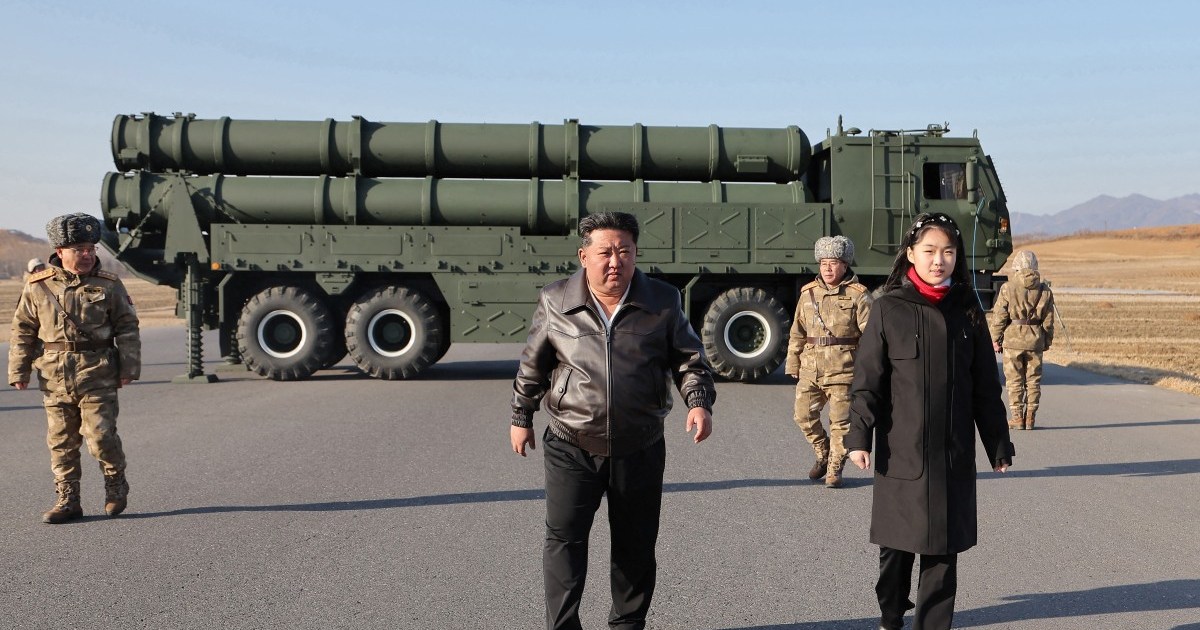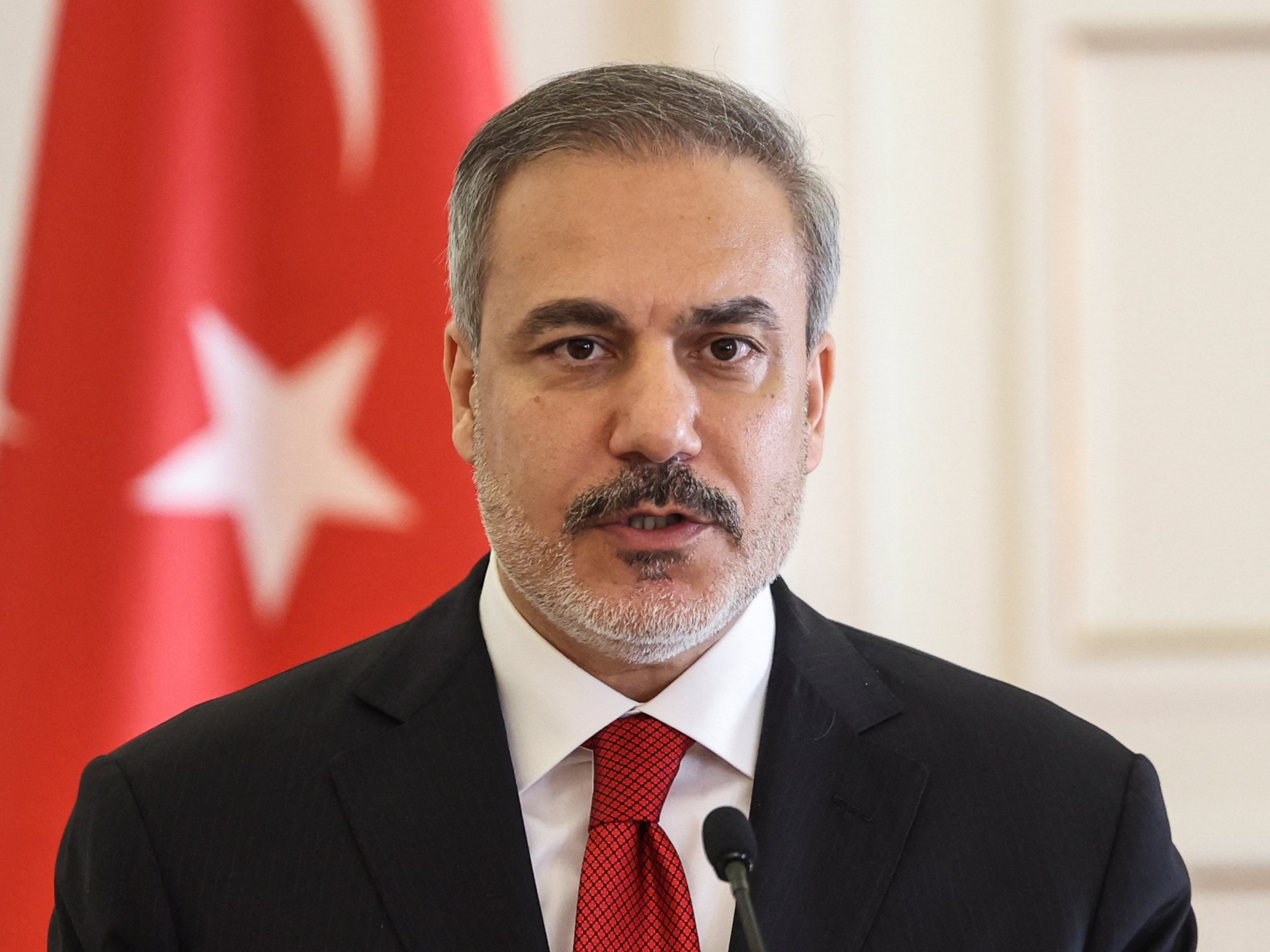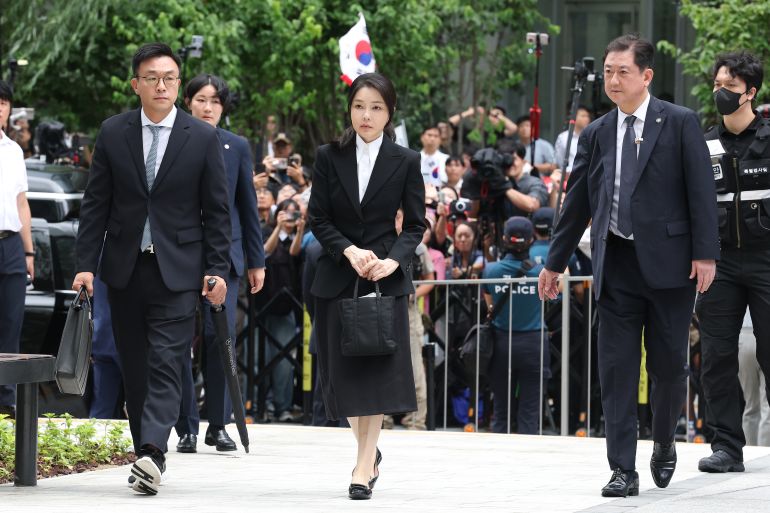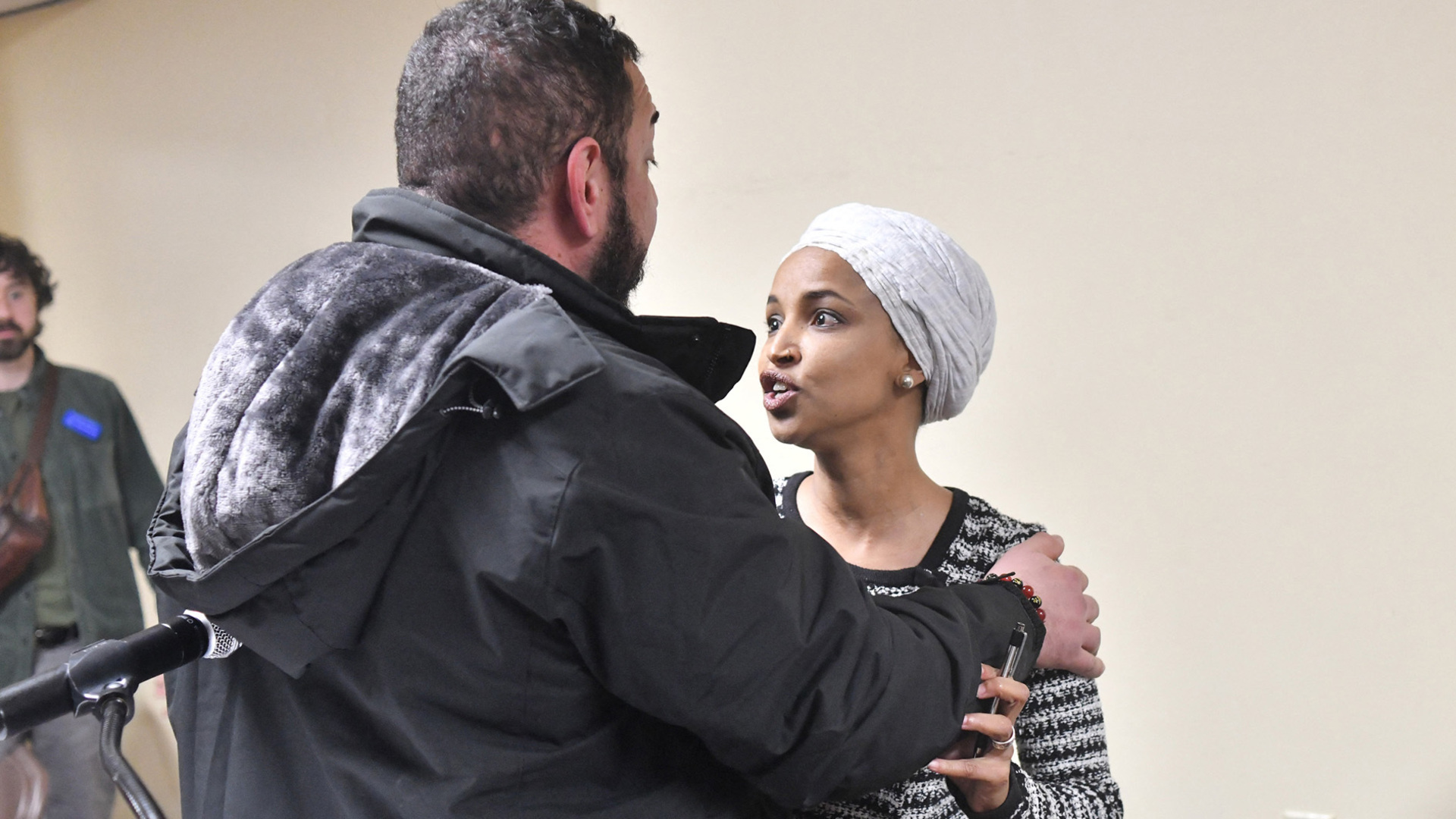An ongoing crisis surrounding Malaysian football has deepened after the entire executive committee of its football association resigned, the latest blow in a damaging eligibility row over forged documents used to field foreign-born players in the country’s Asian Cup qualifying matches.
The executive committee of the Football Association of Malaysia (FAM) resigned on Wednesday amid intense scrutiny of the country’s football governance.
“The resignations are to safeguard the reputation and institutional interests of [the association] and to mitigate the risk of further adverse consequences that could affect Malaysian football as a whole,” acting FAM president Yusoff Mahadi said.
He said the resignations of the executive committee will “provide the appropriate space for FIFA and the Asian Football Confederation to independently assess, review, and, where necessary, address governance, administrative, and procedural matters within FAM”.
All committee members, elected 11 months ago for the 2025-29 term, stepped down with immediate effect in a unanimous and voluntary decision to protect the association’s credibility.
FIFA, the world football governing body, suspended seven foreign-born players for a year in September and fined the FAM $400,000 for submitting false documents claiming they had Malaysian ancestry.
The FAM appealed the sanctions, but a FIFA committee rejected them and issued a scathing report criticising the association for “not taking any discernible disciplinary action”.
It ordered a full inquiry into FAM’s conduct and governance.
The FAM has since appealed to the Court of Arbitration for Sport (CAS) in Switzerland, where the case is pending.
However, the players were cleared to play for the national team on Tuesday, after the CAS temporarily halted FIFA-imposed bans while their appeal was being reviewed.
The players stemmed from Argentina, Brazil, the Netherlands and Spain but had been naturalised in an apparent breach of FIFA rules and played in a qualifying game for the 2027 Asian Cup, which Malaysia won against Vietnam.
FIFA had launched the inquiry after receiving a complaint following Malaysia’s 4-0 thrashing of Vietnam in a June Asian Cup qualifier.
The FAM said the CAS had approved its request for a stay of execution, allowing the seven players to continue participating in all football-related activities until a final ruling is made. The players involved are Facundo Garces, Rodrigo Holgado, Imanol Machuca, Joao Figueiredo, Gabriel Palmero, Jon Irazabal and Hector Hevel, all of whom have featured for the Harimau Malaya national team.
“This means that the 12-month suspension from all football activities imposed by FIFA on the seven players has been temporarily lifted,” the federation said in a statement. “They are now allowed to continue their careers and participate in football-related activities until CAS makes a final ruling.”
It did not say when a final ruling is expected.
Last month, FIFA overturned the results of three Malaysia matches over player ineligibility.
In its latest decision, FIFA’s disciplinary committee also changed the results of three friendlies the players had appeared in – against Cape Verde on May 29, Singapore on September 4 and Palestine on September 8, the FAM said.
“All three matches were declared lost by forfeit [score of 3-0], and FAM was sanctioned with a fine of 10,000 Swiss Francs [$13,060]. The decision remains subject to appeal,” a FIFA spokesperson said.
Malaysia had drawn 1-1 with Cape Verde and earned 2-1 and 1-0 wins over Singapore and Palestine, respectively.






